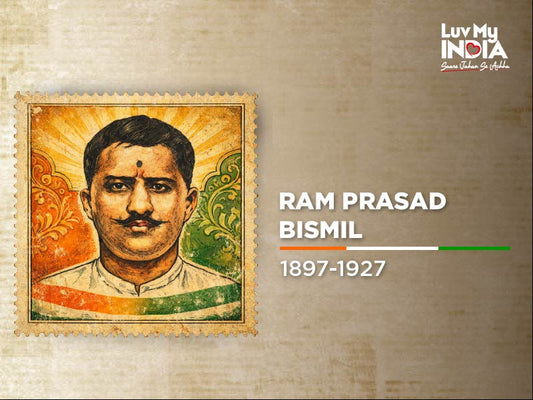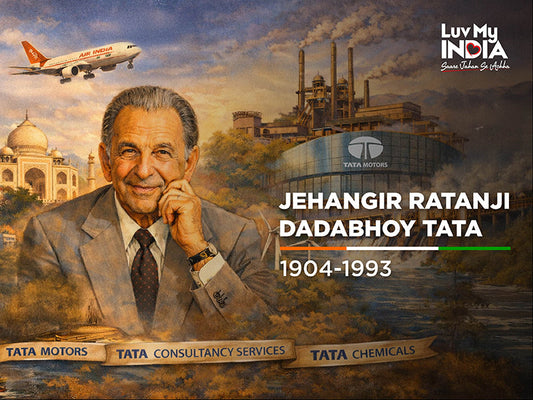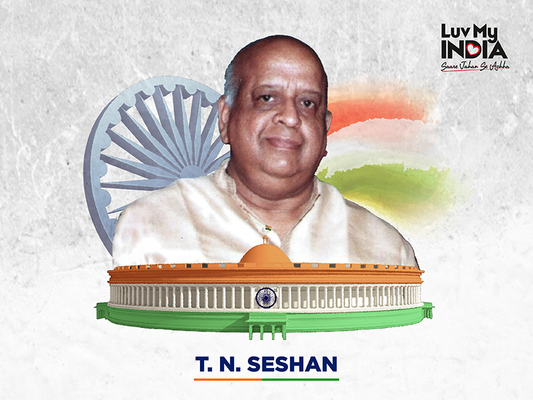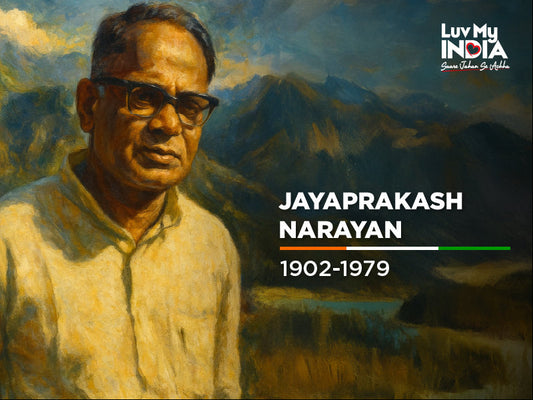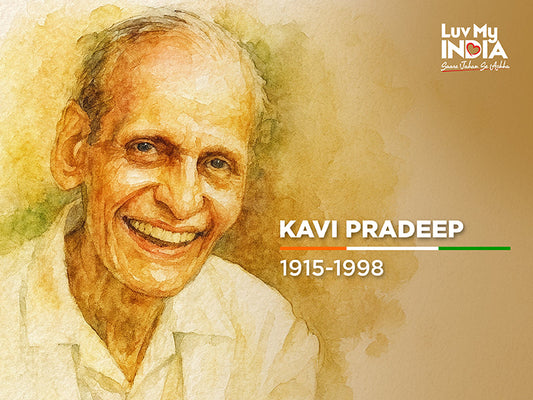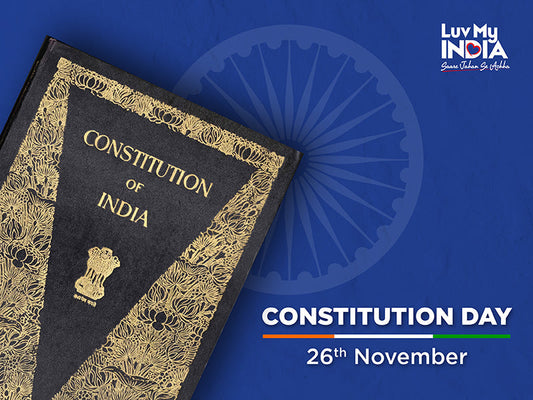His eyes gleamed with the kind of fire only freedom could ignite. He did not flinch; he did not plead. Instead, he carried himself as though he were walking into history itself, ready to etch his name in the blood and courage of India’s struggle for freedom.
In an age when the British Empire was a shadow over every dream, he dared to dream differently—a dream in which India stood proud, unshackled and free. He could not sit by while his country suffered. And so, with a boy’s face and a warrior’s heart, Khudiram Bose became one of the youngest and most fearless revolutionaries India had ever seen.
Khudiram was born on December 3, 1889, in the small village of Habibpur in Bengal’s Midnapore district. His childhood was marked by loss; his parents died when he was young, leaving him in the care of his elder sister.
Growing up in Bengal during a period of intense political unrest, Khudiram witnessed the rise of nationalist ideas all around him. The air in his village was often filled with whispers of rebellion, stories of resistance and the words of leaders like Sri Aurobindo.
The early 1900s were a turning point for Bengal and for young Khudiram. The partition of Bengal in 1905 by Lord Curzon, meant to divide and weaken nationalist sentiment, had the opposite effect as it sparked a wave of protest and radicalisation. He soon came in contact with members of the Anushilan Samiti, a revolutionary group in Bengal that believed in direct action against the British.
Khudiram’s resolve hardened with every instance of British arrogance he witnessed. Among the colonial officers who symbolised this arrogance was Magistrate Douglas Kingsford. Known for his harsh sentences against political activists and his particularly oppressive role in handling nationalist cases in Bengal, Kingsford became a marked figure for the revolutionaries.
The Anushilan Samiti decided that eliminating him would strike a symbolic blow against British authority. Khudiram, with his friend Prafulla Chaki, volunteered for the mission. At barely 18, his decision to take part in an assassination plot was not a rash act of youthful rebellion but a moral duty to defend his nation.
The two travelled to Muzaffarpur in Bihar, where Kingsford had been transferred for safety and began carefully tracking his movements. On the evening of 30 April 1908, they executed their plan. A horse-drawn carriage believed to be carrying Kingsford was attacked with a bomb by the young revolutionaries. In a cruel twist of fate, the carriage carried not Kingsford but the wife and daughter of a British barrister, both of whom died in the explosion.
The incident shook the colonial administration, triggering an intense manhunt. Prafulla Chaki took his own life to avoid capture whereas Khudiram was apprehended after a long chase. What followed was a trial that exposed both the legal machinery of the British and the unbreakable will of a young revolutionary.
His trial became a spectacle, watched closely by both the British and Indian nationalists. Despite being barely an adult, he refused to show fear in the courtroom. His defence team fought valiantly, but the colonial judiciary was unforgiving. On 13 May 1908, he was sentenced to death by hanging.
Far from pleading for mercy, he seemed more concerned with the morale of his fellow revolutionaries outside. Across Bengal and the rest of India, people mourned not just a death, but the sacrifice of someone so young who had given everything for the dream of freedom.
Even in that final march, his spirit did not falter. Reports say he smiled—a smile not of arrogance, but of fulfilment. For him, death was not an end but a culmination of a promise he had made to himself and to his motherland. The British, in trying to suppress his story, had only made it immortal.
What makes Khudiram’s journey extraordinary is not just the age at which he died, but the clarity of his purpose from such a young age. While many boys of his age were still learning the ways of the world, he had already decided the role he would play in it.
The fire of patriotism that raged within him was no passing passion, it was an unshakable commitment, nurtured by the injustices he witnessed and the stories of resistance he absorbed in his formative years. His life reminds us that the will to sacrifice for freedom can emerge not from years of political grooming but from an unbreakable moral compass, guided by love for one’s land.






